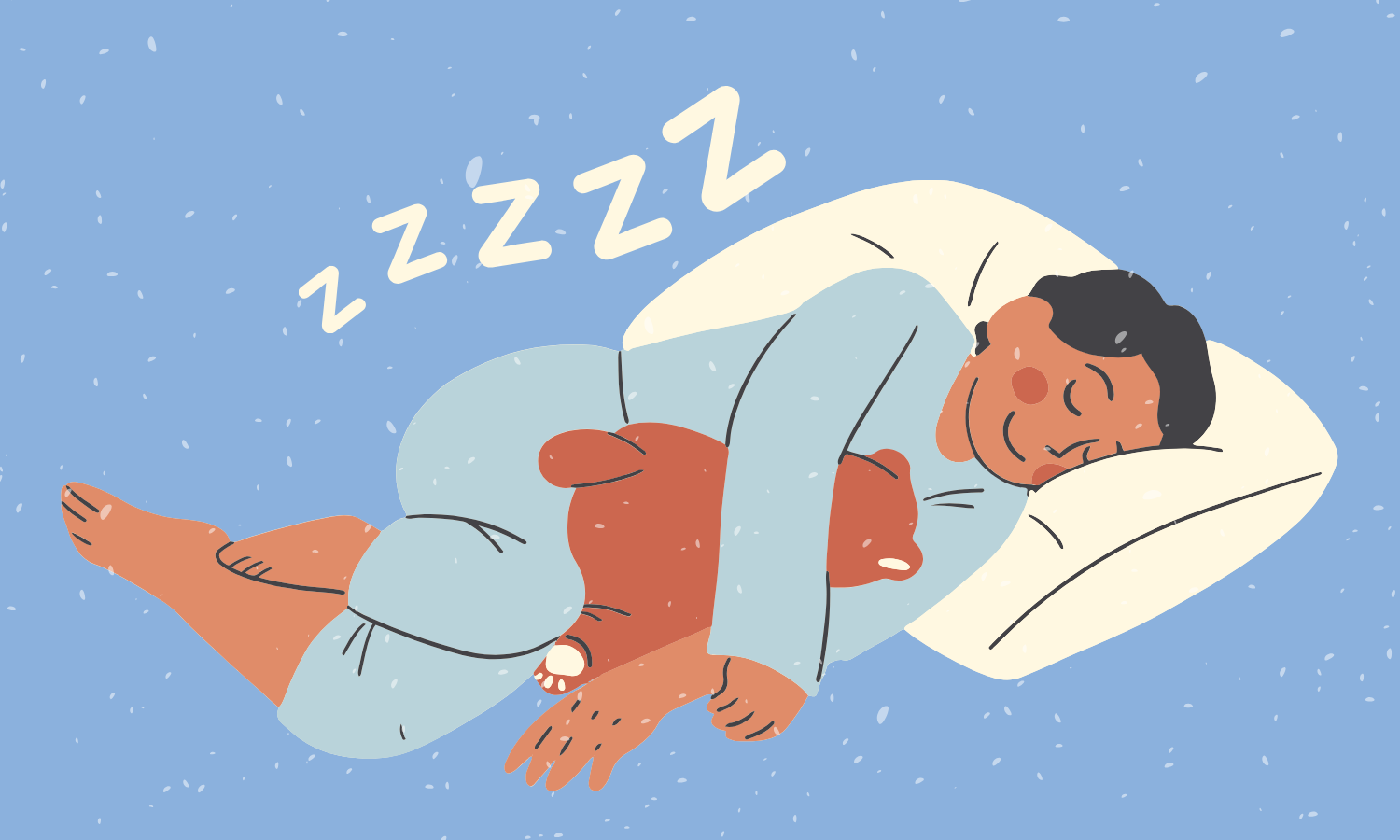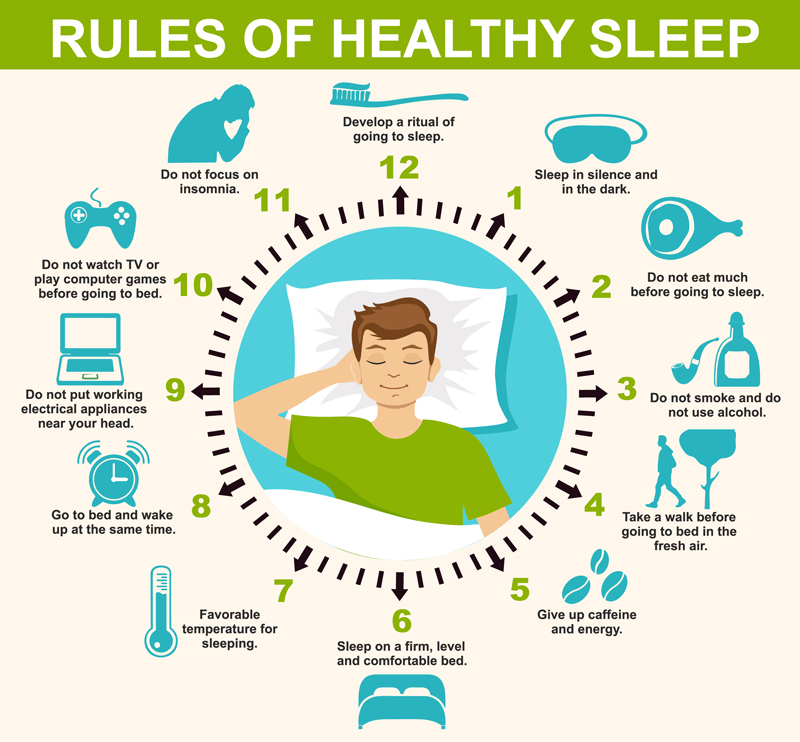Sleeping Habits

The Importance of Sleep for Overall Health
Sleep plays a crucial role in maintaining both physical and mental health. It allows the body to rest and repair, supports cognitive function, and strengthens the immune system. Adequate sleep helps regulate hormones, promotes healthy skin, and reduces the risk of chronic conditions like heart disease, diabetes, and obesity. The body uses sleep to restore energy, process information, and consolidate memories, making it an essential part of the daily cycle. Without enough sleep, individuals may experience fatigue, reduced concentration, and mood swings, ultimately affecting their productivity and quality of life.
In addition to physical health, sleep is vital for emotional well-being. When sleep is compromised, it can lead to increased stress and anxiety. Chronic sleep deprivation is linked to mental health disorders such as depression and anxiety. People who sleep poorly or too little often report feeling irritable, anxious, or unable to manage their emotions effectively. Thus, prioritizing quality sleep is not just about physical restoration, but also about fostering a positive mental and emotional state.

Creating a Healthy Sleep Routine
Establishing a consistent sleep routine is one of the best ways to improve sleep quality. Going to bed and waking up at the same time every day, even on weekends, helps regulate your body’s internal clock, making it easier to fall asleep and wake up naturally. A regular sleep schedule can reduce the likelihood of insomnia and improve the overall quality of rest. Creating a bedtime routine that encourages relaxation, such as reading, meditating, or taking a warm bath, can also signal the body that it's time to wind down.
Moreover, creating a comfortable sleep environment is key to achieving restful sleep. Your bedroom should be quiet, dark, and cool to promote better sleep quality. Invest in a good mattress and pillows that support your body and sleeping position. Avoiding screens such as phones, tablets, or televisions an hour before bed can help minimize distractions and prevent blue light from interfering with the body’s production of melatonin, the hormone responsible for regulating sleep.

The Impact of Diet on Sleep
What you eat can significantly affect your sleep patterns. Consuming large or heavy meals right before bed can lead to discomfort and indigestion, making it harder to fall asleep. Caffeine and nicotine are stimulants that can interfere with sleep, so it’s advisable to avoid them for several hours before bedtime. On the other hand, foods rich in tryptophan, magnesium, and melatonin—such as turkey, nuts, seeds, and tart cherries—can promote better sleep. Drinking herbal teas like chamomile or valerian root can also have calming effects that support relaxation before sleep.
Hydration is another factor that affects sleep. While it's important to stay hydrated throughout the day, drinking too many liquids just before bed can lead to frequent trips to the bathroom during the night. This disrupts the sleep cycle and prevents deep, restorative rest. Moderating your liquid intake, particularly in the evening, can help ensure that your sleep remains uninterrupted.


